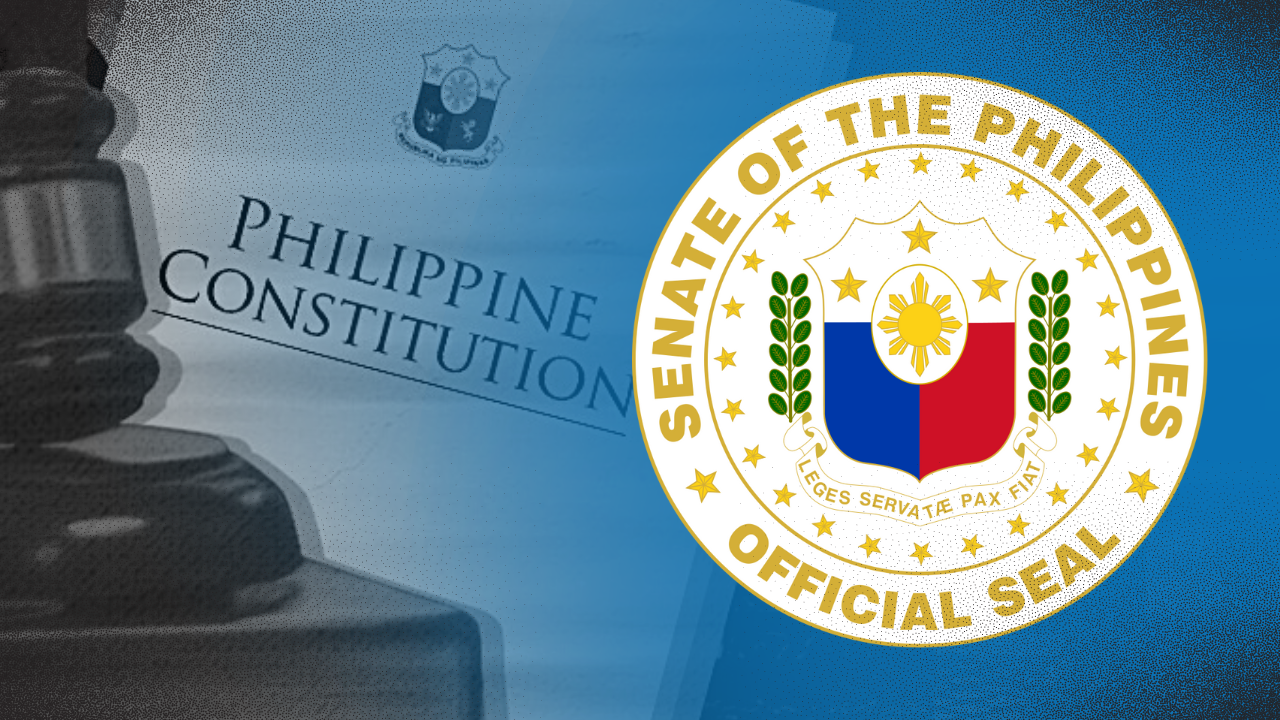Villanueva: Pulse Asia survey shows no need to fast-track Cha-cha

INQUIRER FILE PHOTO
MANILA, Philippines — The results of a recent Pulse Asia survey, where a huge percentage of respondents said they do not want to amend the 1987 Constitution now, should be enough reason to refrain from fast-tracking Charter change (Cha-cha) proposals, according to Senate Majority Leader Joel Villanueva.
In a statement on Thursday, Villanueva said the “bosses” have spoken about Cha-cha, showing that constitutional amendments are not the top concern of the public now.
“Our bosses have spoken. Klarong klaro po na peke ang isinulong nilang P.I. (People’s Initiative) at hindi po Charter Change ang kailangan ngayon ng taumbayan mula sa gobyerno,” Villanueva said.
(Our bosses have spoken. It is clear that the People’s Initiative they are pushing for is fake and that Charter change is not what Filipinos need from the government.)
“With 88% of Filipinos saying that they are against Cha-Cha, this is a clear indication that there is no need to fast-track the hearings of the subcommittee on Constitutional Amendments, as there is no urgency in amending the Constitution,” he added.
Villanueva was referring to the survey results that Pulse Asia released to the media on Wednesday. The results showed that only 8 percent of the respondents believe that the 1987 Constitution should be amended now, while a staggering 88 percent said it should not be touched.
READ: Pulse Asia: Most Filipinos don’t think now is the right time for Cha-cha
Pulse Asia said that 88 percent of respondents who disagree with constitutional amendments can be classified into the following:
- 14 percent said that the Constitution should not be amended now but may be amended sometime in the future — with 6 percent saying that it can be done under the current administration and 8 percent saying under the next administration
- 74 percent said that the Constitution should not be amended now nor at any other time
On Wednesday, Senate President Juan Miguel Zubiri also said the survey is an eye-opener and a signal that Charter change should not be rushed. Instead, Zubiri said they will bring hearings to various areas in Luzon, Visayas, and Mindanao.
Similar sentiments were aired by members of the opposition bloc in the House of Representatives after the survey results came out. According to lawmakers from the Makabayan bloc, the survey should be enough to stop Charter change proposals.
ACT Teachers party-list Rep. France Castro said that with almost 90 percent of Pulse Asia’s respondents opposing Charter change, the government should just spend more time and resources in addressing pressing problems.
READ: Solons on Filipinos not being pro-Cha-cha: Focus on food prices, salaries
But staunch Charter change supporter and former Ako Bicol party-list Rep. Alfredo Garbin Jr. said voters would vote on the proposed amendments through a plebiscite and not a survey.
Last March 20, the House passed on third reading RBH No. 7, which seeks to amend the 1987 Constitution by amending restrictive economic provisions.
If no changes are made by both Houses and if it is ratified in a plebiscite, three provisions would be amended by adding the phrase “unless otherwise provided by law”:
- Section 11 of Article XII (National Patrimony and Economy), where the phrase “unless otherwise provided by law” is inserted in the provision that bars foreign ownership of a public utility shall except in a case where 60 percent of the total capital belongs to Filipino citizens
- Section 4 of Article XIV (Education, Science and Technology, Arts, Culture, and Sports) where the phrase “unless otherwise provided by law” is inserted in the provision that bars foreign ownership of basic educational institutions except in a case where 60 percent of the total capital belongs to Filipino citizens.
- Section 11 of Article XVI (General Provisions) where the phrase “unless otherwise provided by law” is inserted in two portions: first, the provision that bars foreign ownership in the advertising industry except in a case where 70 percent of the total capital belongs to Filipino citizens; and in the provision that limits foreign investors participation in entities to how much their capital share is